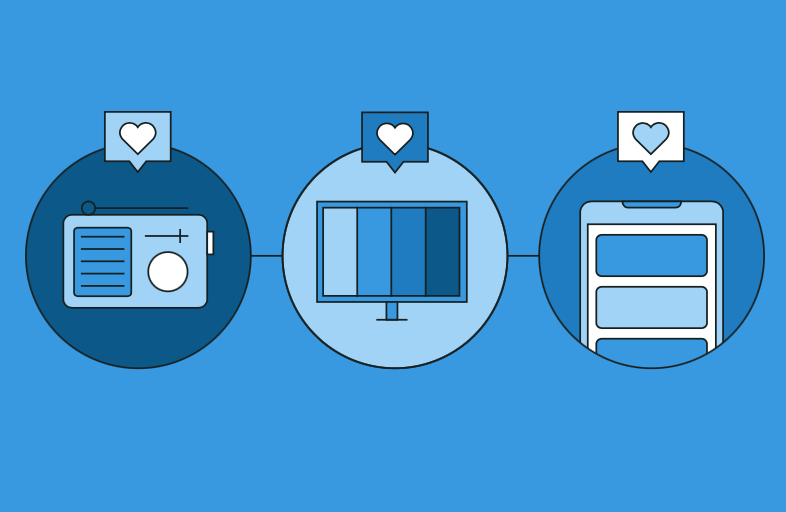The Finger Lakes Environmental Film Festival (FLEFF) and the Park Center for Independent Media hosted a book launch for “The Social Media Debate: Unpacking the Social, Psychological, and Cultural Effects of Social Media,” a book that aims to examine questions surrounding the negative and positive impacts of social media on society. Watch the full recording of this launch here.
Editor Devan Rosen, professor in the Department of Media Arts, Sciences and Studies, spoke about the book with two of the contributing authors, Ysabel Gerrard and Francesca Sobande, on March 23 via Zoom. The book has 14 chapters that consist of work from 23 authors, including Rosen.
Rosen began the talk by discussing the negative impacts social media has on society, both on the micro and macro levels.
“These companies (Instagram, Twitter, Facebook) knew what they were doing in creating things that were highly addictive,” Rosen said. “On a more macro level, we have entire nation-states using these technologies to gain control. Bolsonaro in Brazil would not be President were it not for his ability to control social media.”
Raza Rumi, director of the Park Center for Independent Media, moderated the event and asked Rosen about the role social media has been playing in the war in Ukraine; a war that has been referred to as “the most online war of all time.”
“We have a war on the ground but there’s also a war on social media. So much disinformation is being spread every day through social media,” Rumi said.
Rosen said governments manipulating information is not new, but because of social media, misinformation is being dispersed at speeds that are difficult, if not impossible, to combat.
“We see a regime under [Vladimir] Putin using social media to create horrible disinformation that’s fueling this invasion,” Rosen said. “But the exact same platform is allowing the Ukrainian people to coordinate to find each other to get aid, and to really try to maintain subsistence in this invasion.”
Rosen then posed a question to the viewers to consider: “How do we benefit from social media while mitigating the negatives?”
Francesca Sobande, who is a lecturer in digital media studies at Cardiff University, discussed the effects that social media can have beyond a person’s screen.
“I was fascinated by how people’s experiences online are always connected to their experiences offline,” said Sobande. “When it comes to Black digital experience, I find myself reflecting on borders and boundaries. Who does and who doesn’t have access to different platforms and technologies? Different levels of access can prevent people from engaging in certain discussions the way others can.
Sobande used access to varying internet speeds as an example of inequity in social media.
“Sometimes equity in digital media focuses on access … but once individuals are able to reach the same digital spaces, different inequities might prevent them from participating in the space the same way.”
Ysabel Gerrard, who is a lecturer in digital media and society at the University of Sheffield, said that more care should be taken when discussing the effects of social media on children and teens.
“When discussing young people, the notion of ‘effects’ can be quite disempowering,” said Gerrard. She continued, stating that without without considering numerous other factors about a child’s social situation and even biology, “I don’t feel comfortable implying that a child would be affected by a technology… I think it’s impossible to prove effect without examining other factors in a student’s life.”
Gerrard said it is essential for schools to develop better social media safety and educational tools. She expressed the importance of this over more intense online moderation.
“One of the things that needs to happen on a societal level is that we lower our demands for perfect moderation. There is always going to be bad content.”

